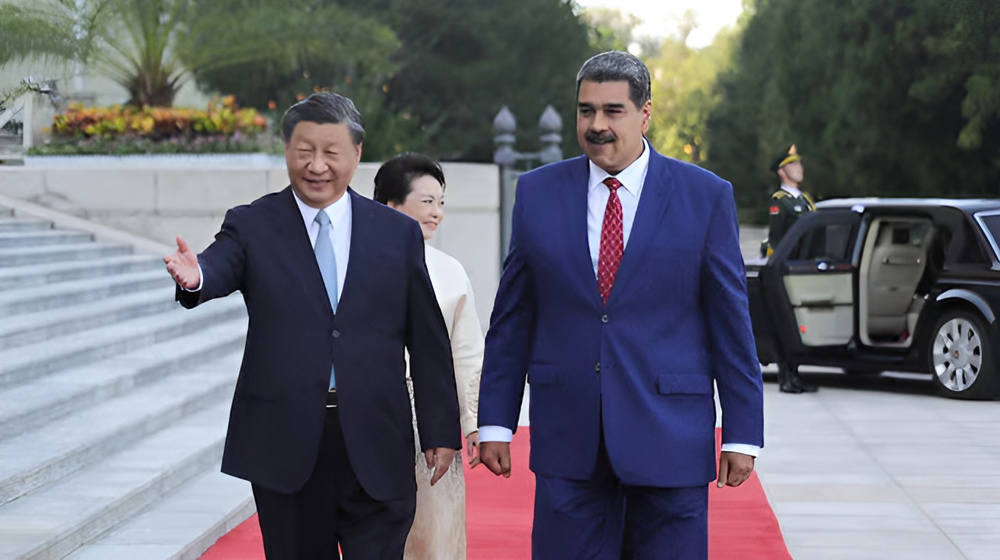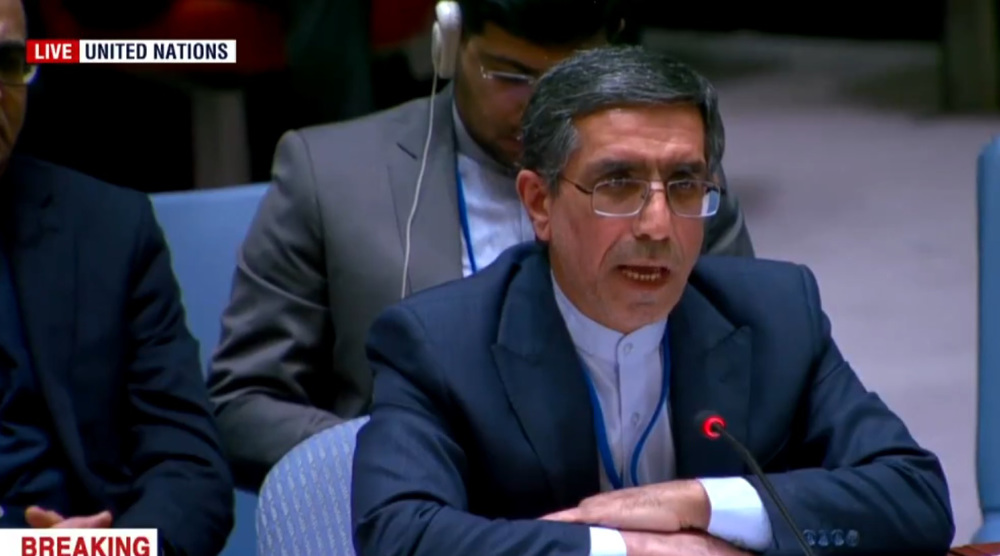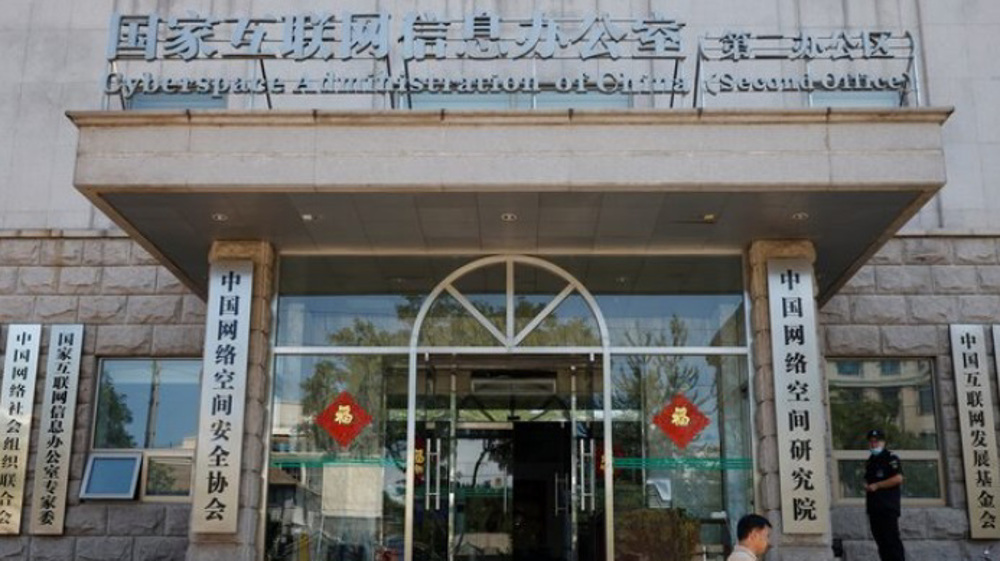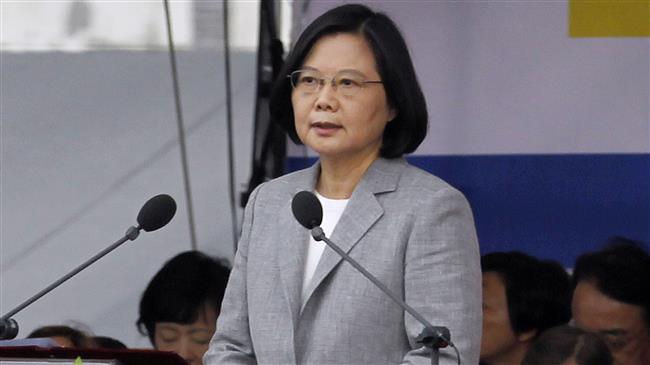Millions of Taiwanese vote in key midterm local elections
Millions of Taiwanese have begun casting their ballots in midterm local elections, seen as a referendum on the administration of pro-US President Tsai Ing-wen.
President Tsai, who is seeking to strengthen relations with the United States in defiance of Beijing’s “One China” stance, cast her vote on Saturday. The local elections are the largest ever on the island of 23 million, with about 19 million eligible to vote.
Millions of people went to the poll to choose 22 mayors and county magistrates along with thousands of local officials. Results are due by the end of Saturday.
The opposition Nationalists, known also as the KMT, who lost power two years ago are now hoping to regain the territory from the ruling Democratic Progressive Party by leaning on their pro-business image and a more accommodating line toward China.
The elections this year are being held alongside ten referendums on divisive issues, including whether the island should join the 2020 Tokyo Olympics as Taiwan, rather than "Chinese Taipei."
Currently, Taiwan's athletes must compete in Olympic and other international competitions under the banner "Chinese Taipei" under a 1979 resolution by the International Olympic Committee (IOC).
In a letter to the Chinese Taipei Olympic Committee, the IOC warned that if the territory pushed ahead with a name change, it could threaten Taiwan's participation in future Olympic Games.

Beijing claims sovereignty over Taiwan, calling the self-ruled island as “an inalienable” part of its territory. Almost all countries recognize that sovereignty under a policy known as “One China.” The US, too, recognizes Chinese sovereignty over the island, but it has long courted Taipei in an attempt to counter China.
Taipei’s relations have been deteriorating with Beijing since two years ago, when Tsai was elected as president and began challenging Beijing's “One China” principle through seeking close ties with Washington.
US President Donald Trump, however, went far by signing the so-called Taiwan Travel Act this year, which encourages high-level visits between the two sides, despite Beijing’s strong opposition.
His administration also approved $1.4 billion in arms sales to Taiwan last year and is now opening a new de facto embassy in a suburb of Taipei.
Despite Beijing’s constant warnings against any kind of relations between Washington and Taipei, Tsai said she will boost "national security" in the face of what she described as Chinese pressure to assert sovereignty over Taiwan.
She also accused China of "seriously challenging" peace and stability in the region through “intimidation and diplomatic pressure” which she claimed “not only hurts relations between both sides, but seriously challenges the peaceful stability in the Taiwan Strait.”

Tsai also pledged to continue enhancing Taiwan’s naval capabilities to maintain what she called “solid defense and multi-layered deterrence” to guard the island.
China, meanwhile, has bolstered its military presence near Taiwan, sailing its only operating aircraft carrier through the Taiwan Strait in January and March and holding extensive “encirclement” exercises nearby in recent months.
Beijing has even warned Taiwan that it will take necessary military actions, “at any cost,” to thwart potential attempts to separate the island from mainland China.
It has pursued reunification ever since Taiwan broke away from mainland China during a civil war in 1949.
Netanyahu skipped Davos amid arrest fears: Reports
VIDEO | Press TV's news headlines
More Europeans see Trump as 'enemy' than 'friend': Survey
Ukraine war talks begin in UAE as Russia repeats Donbas demand
Iran slams UNHRC session as illegitimate, says no submission to foreign pressure
Six-month-old boy freezes to death in Gaza amid Israel's inhumane blockade
VIDEO | Protestors in South Africa slam US interference in other countries’ affairs
Israel runs smear campaign against Doctors Without Borders: Report










 This makes it easy to access the Press TV website
This makes it easy to access the Press TV website